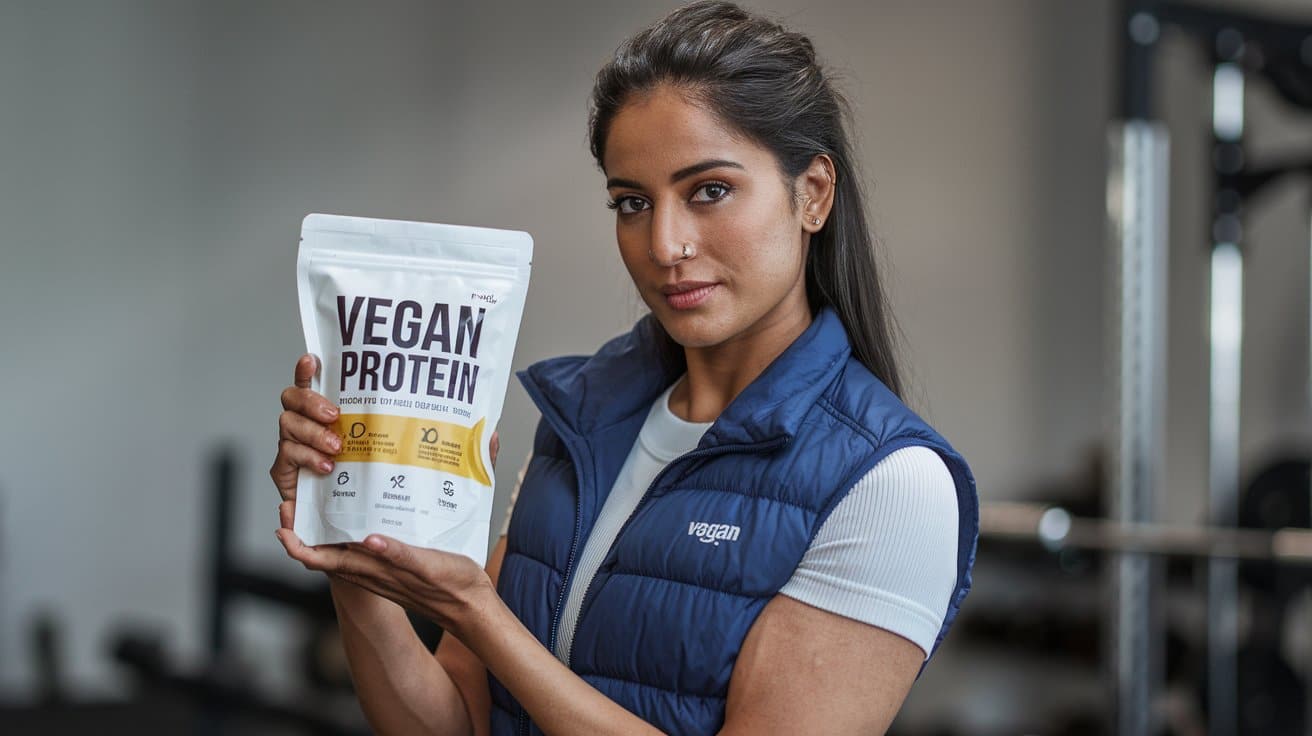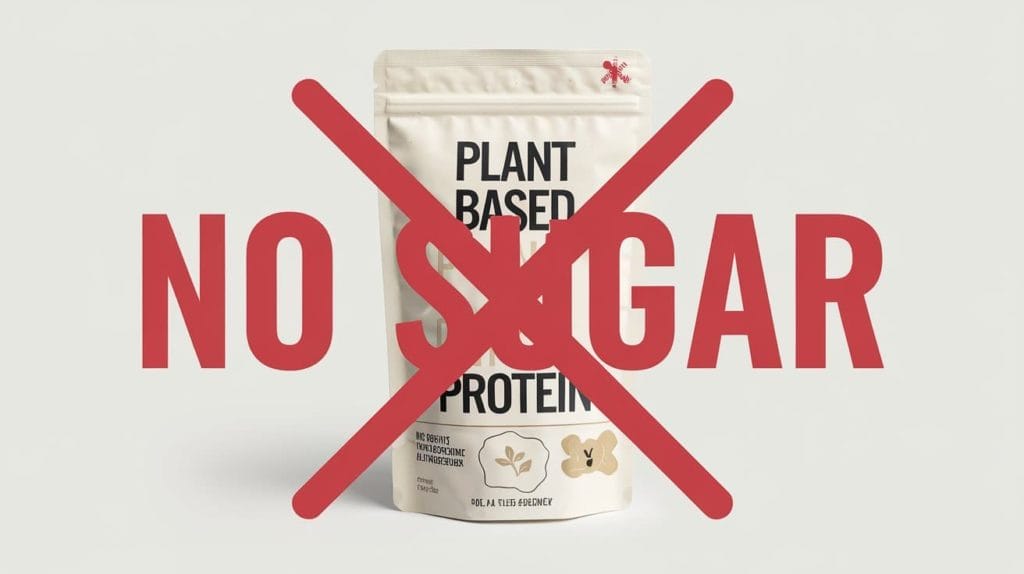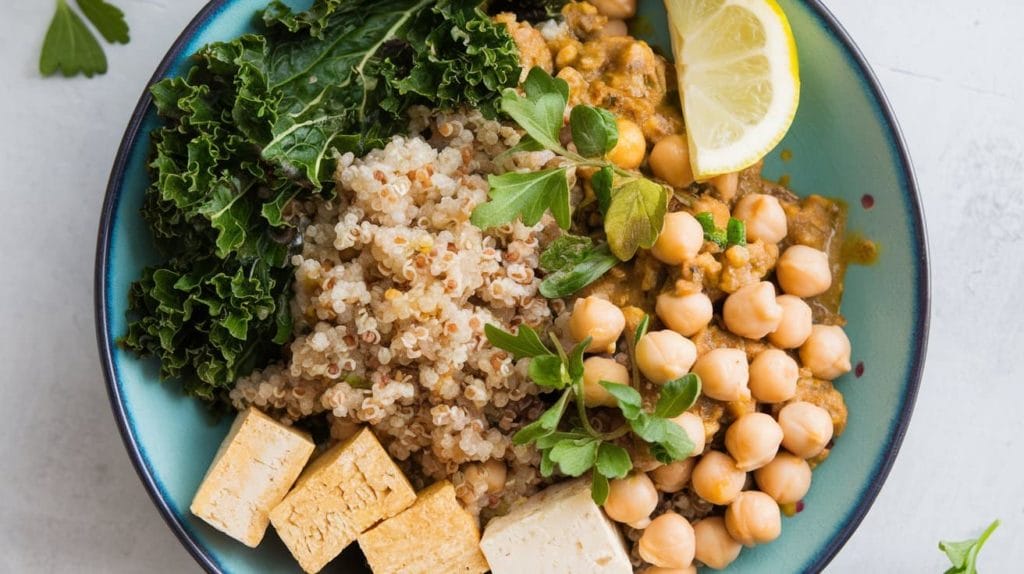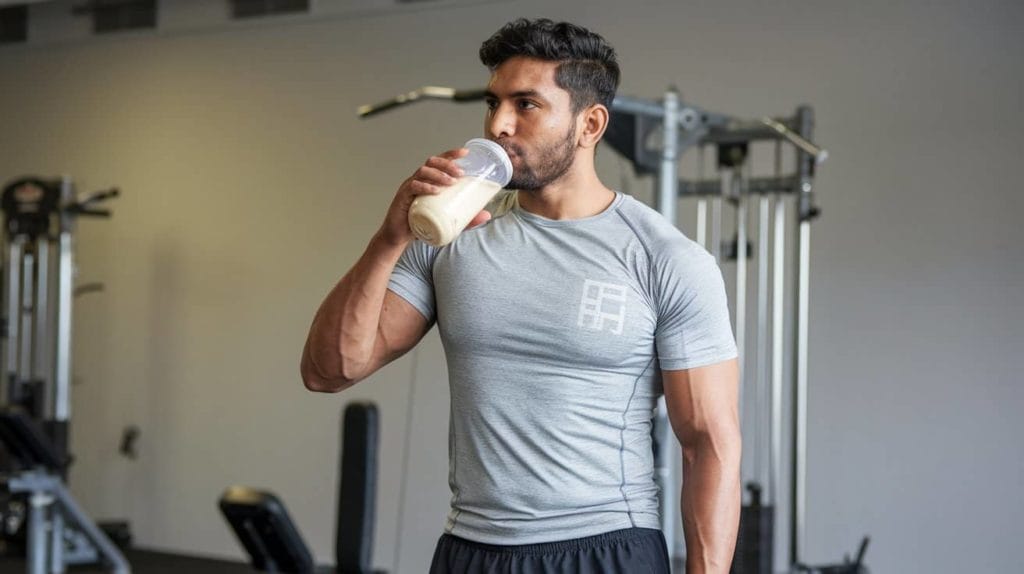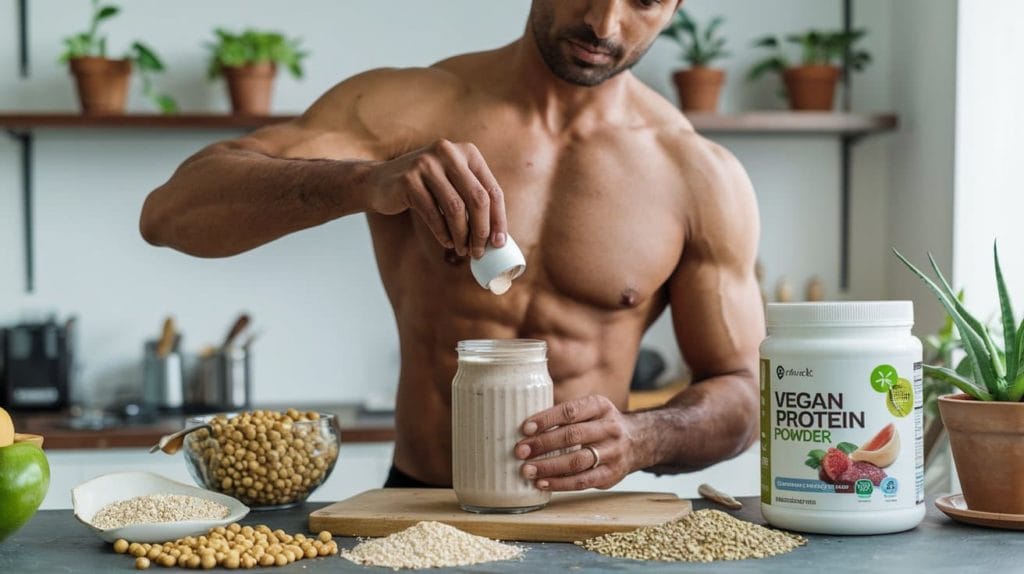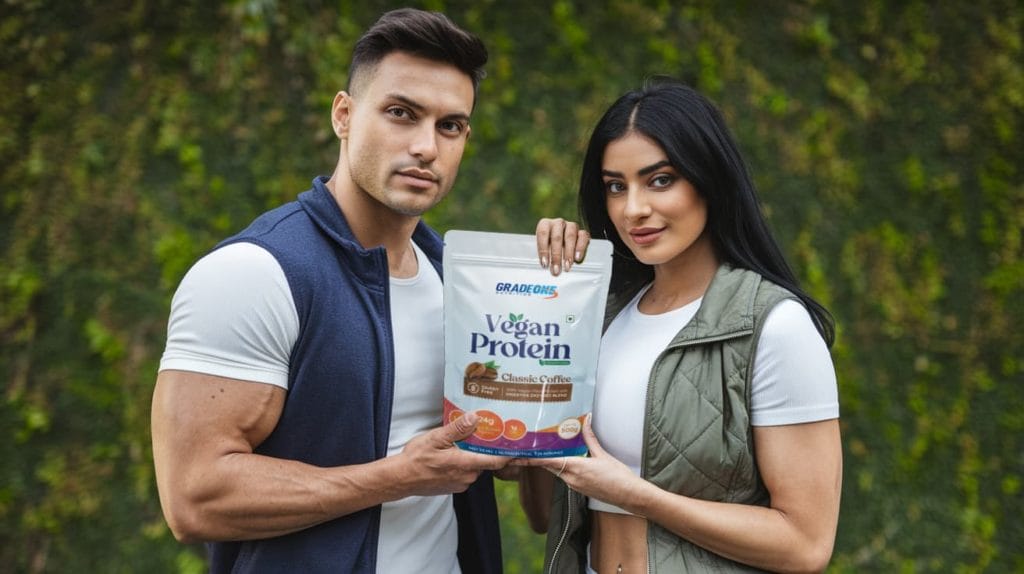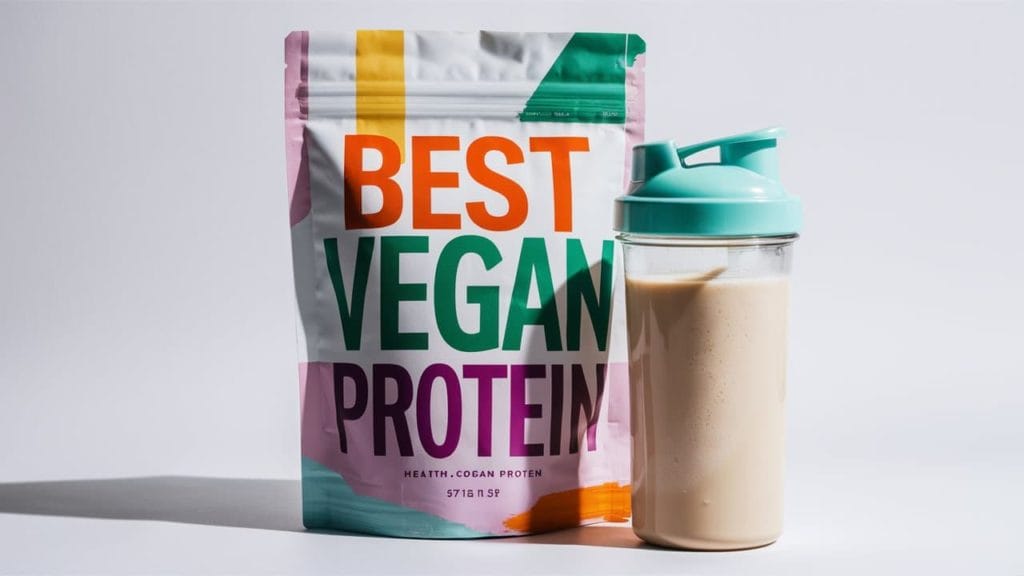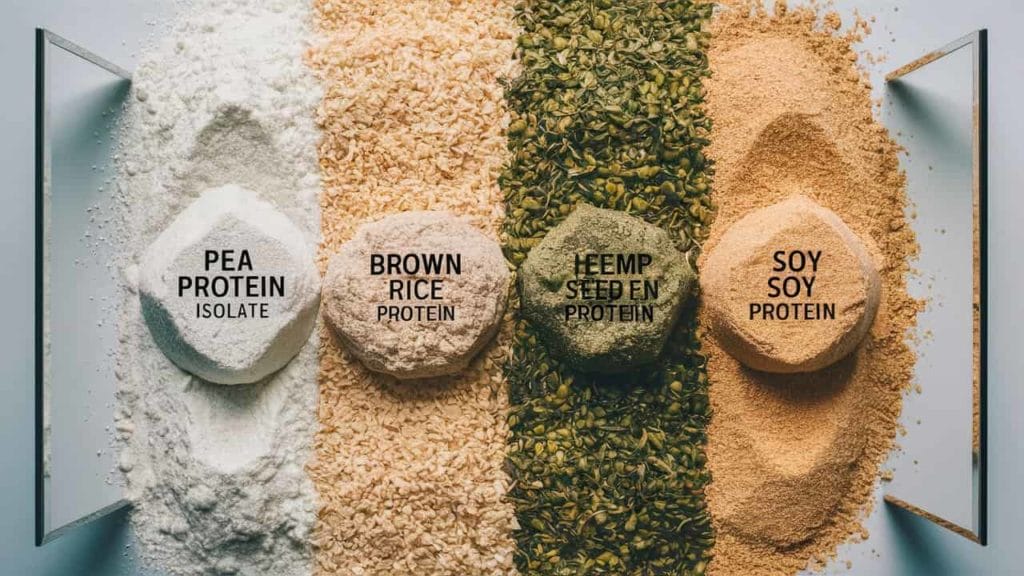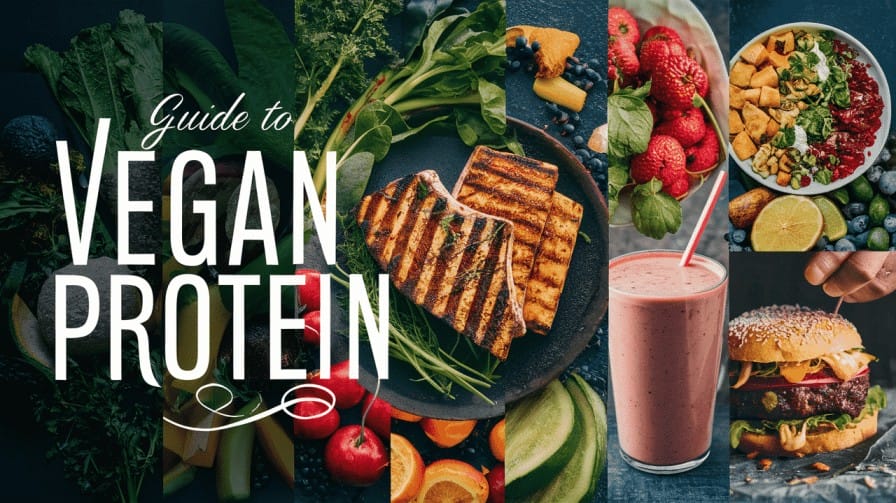Building lean muscle is a common goal for many fitness enthusiasts, and protein is an essential nutrient in achieving this. Traditionally, animal-based proteins like whey have been the go-to for muscle building. However, vegan protein is increasingly recognized as an effective alternative, offering a variety of benefits for those looking to build lean muscle on a plant-based diet. This article explores how vegan protein can help build lean muscle, its advantages over animal-based proteins, and the best practices for incorporating it into your fitness routine.
Understanding Protein and Muscle Building
Protein plays a crucial role in muscle building because it provides the necessary amino acids that the body uses to repair and grow muscle tissue after exercise. When you engage in resistance training or any form of muscle-building exercise, your muscles undergo micro-tears. Protein helps repair these tears, leading to increased muscle mass and strength over time. Using vegan protein is an effective way to ensure your body has the necessary building blocks to build lean muscle.
Why Vegan Protein is Effective for Building Lean Muscle
- Complete Amino Acid Profile
- A common misconception is that plant-based proteins are inferior because they do not contain all nine essential amino acids. However, certain vegan proteins, like pea, quinoa, and soy, do offer complete amino acid profiles, making them highly effective for muscle building. Combining different plant-based protein sources, such as brown rice and pea protein, can also create a complete amino acid profile. This combination is essential to help build lean muscle with vegan protein.
- High Digestibility and Bioavailability
- Vegan protein powders are often highly digestible and have good bioavailability, meaning your body can absorb and use the protein effectively. For example, pea protein has a high digestibility score and is rich in branched-chain amino acids (BCAAs) like leucine, which is crucial for muscle protein synthesis. A study published in the Journal of the International Society of Sports Nutrition found that pea protein supplementation produced similar muscle gains to whey protein when combined with resistance training. This means that you can effectively build lean muscle with vegan protein without compromising on muscle growth potential.
- Reduced Inflammation
- Animal-based proteins can sometimes lead to inflammation, especially in those who are sensitive to dairy. In contrast, vegan proteins are typically less inflammatory, making them a better option for individuals looking to reduce muscle soreness and recover more quickly from workouts. Reducing inflammation is key to maintaining consistent training and avoiding injury, which is critical for building lean muscle. By choosing vegan protein, you can build lean muscle while also supporting your body’s recovery and overall health.
- Sustained Energy Release
- Many vegan protein sources, such as brown rice and quinoa, are also rich in complex carbohydrates and fiber. These nutrients provide a steady release of energy, supporting endurance during workouts and helping to maintain muscle mass. The combination of protein and complex carbs in vegan protein powders can be particularly beneficial for those engaged in high-intensity training, where sustained energy is necessary. This sustained energy release is important when you want to build lean muscle with vegan protein, as it supports longer, more effective workouts.
Advantages of Vegan Protein for Building Lean Muscle
- Lower Calorie Content
- Vegan protein powders are often lower in calories compared to their animal-based counterparts, which is advantageous for those looking to build lean muscle without gaining excess fat. By providing a high protein content with fewer calories, vegan protein can help you meet your muscle-building goals while maintaining a lean physique. This makes it easier to build lean muscle with vegan protein, especially if you are also focused on weight management.
- Rich in Antioxidants and Nutrients
- Many vegan proteins come from sources that are also rich in vitamins, minerals, and antioxidants. For example, hemp protein is not only a great protein source but also provides omega-3 fatty acids, which support heart health and reduce inflammation. These additional nutrients can enhance overall health, making it easier to achieve and maintain a fit, lean body. The nutrient density of these proteins means you can build lean muscle with vegan protein while also nourishing your body.
- Ethical and Sustainable
- Beyond the health benefits, vegan protein is a more ethical and sustainable choice. Plant-based protein production typically has a lower environmental impact, and it aligns with ethical considerations regarding animal welfare. For those who value sustainability and ethical consumption, vegan protein offers a way to build muscle without compromising their values. By choosing to build lean muscle with vegan protein, you are also contributing to a more sustainable and ethical food system.
Best Practices for Using Vegan Protein to Build Lean Muscle
- Post-Workout Recovery
- Consuming vegan protein within 30 minutes to an hour after your workout can optimize muscle recovery and growth. This post-workout window is when your muscles are most receptive to nutrients, and providing them with high-quality protein can accelerate the repair process.
- Incorporating Protein Throughout the Day
- Instead of consuming all your protein in one sitting, it’s beneficial to distribute your intake throughout the day. This approach ensures a constant supply of amino acids to your muscles, promoting continuous growth and repair. Aim to include a source of vegan protein in every meal, whether through whole foods like lentils and tofu or protein shakes.
- Combine with Resistance Training
- Protein alone won’t build muscle; it must be combined with regular resistance training. Focus on a well-rounded workout routine that includes exercises targeting all major muscle groups. Resistance training creates the stimulus needed for muscle growth, while vegan protein provides the building blocks. Consistency in training and nutrition is key to successfully build lean muscle with vegan protein.
- Monitor and Adjust Protein Intake
- Depending on your body weight, goals, and activity level, your protein needs may vary. Generally, individuals looking to build muscle should aim for about 1.6 to 2.2 grams of protein per kilogram of body weight. Monitor your progress and adjust your protein intake as needed to ensure you are meeting your muscle-building goals.
Conclusion
Vegan protein is not only a viable alternative to animal-based proteins for building lean muscle, but it also offers several unique benefits that can support your overall health and fitness goals. With the right combination of resistance training, proper protein intake, and a balanced diet, you can effectively build lean muscle with vegan protein. Whether you choose pea, hemp, or a blend of vegan proteins, incorporating these into your routine can help you achieve a strong, lean physique in an ethical and sustainable way.
